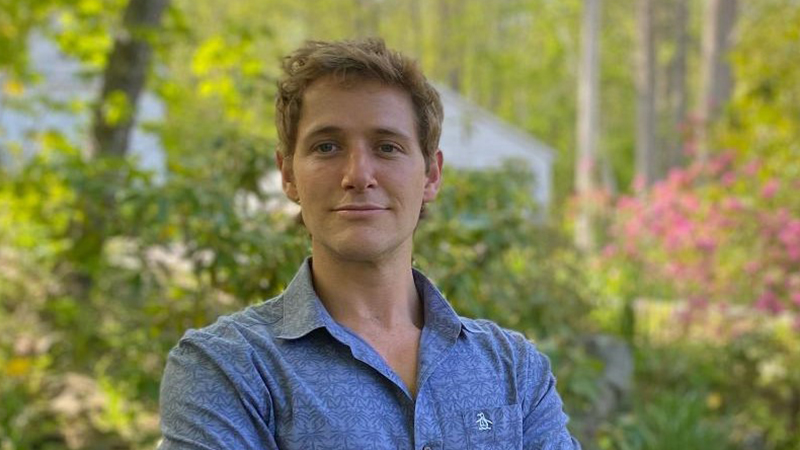
New Maine Sea Grant Extension Associate to Focus on Coastal Community Resilience
June 1, 2020 – Maine Sea Grant is pleased to welcome Parker Gassett to our team as a Marine Extension Associate focusing on coastal community resilience in the face of climate change. Rising sea levels, more frequent storm events and severe flooding, increased erosion, changes in ocean and coastal water chemistry, and warming waters will not only reshape coastal landscapes but also affect the marine industries on which our coastal communities depend.
“Coastal communities in Maine are seeing climate change firsthand,” said Gassett. “I’m excited to be a part of Maine Sea Grant’s effort to bring together the technical support, resources, and planning that can help to protect coastal economies, infrastructure, and the environment.”
Gassett will be working with communities to develop research-based tools, outreach materials, and workshops in order to build capacity and prepare for, adapt to, and thrive in a changing future. He will also be working with Maine Climate Change Adaptation Providers Network to strengthen statewide communication and collaboration.
“I cannot be more excited to build capacity on the Maine Sea Grant Extension Team in climate community engagement, fostering our team’s enduring dedication to coastal resilience related to climate change,” said Maine Sea Grant Director Gayle Zydlewski. “Parker Gassett brings a deep set of hands-on experiences and personal passion specific to climate change science and community engagement to our team. We all look forward to building community capacity for the pressing changes of our time.”
Gassett joins the Maine Sea Grant with experience in environmental and marine sciences and community engagement. He earned a bachelor’s degree in environmental biology from Beloit College, and he is working to complete a PhD in Ecology and Environmental Science at the University of Maine, with a degree expected later this year. His research focuses on partnership development for coastal environmental governance, and he has served as a steering committee member on the Ocean Acidification Information Exchange and the Maine Ocean and Coastal Acidification Partnership for the past several years, and is the newest steering committee member of the Northeast Coastal Acidification Network (NECAN).
*This position was made possible with support from the Broad Reach Fund of the Maine Community Foundation.
